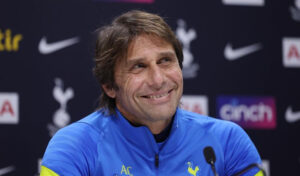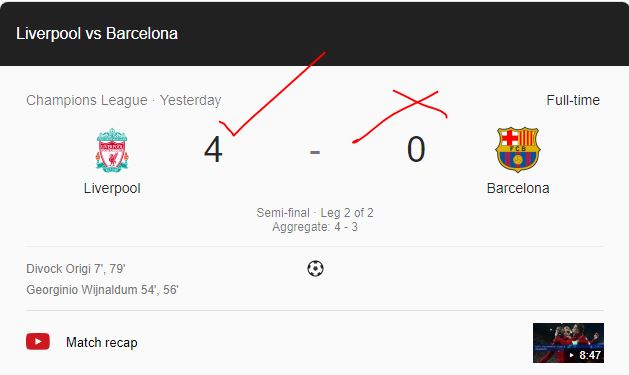

Tottenham manager Antonio Conte says the club must pay “more attention” in the transfer market because of “mistakes in the past”.
Conte oversaw his first transfer window with the club in January, when record-signing Tanguy Ndombele, Giovani Lo Celso and Bryan Gil all left on loan.
Ndombele cost Spurs £54m in 2019, while Lo Celso was £27.2m in 2020 and Gil joined from Sevilla for £22.5m in July.
“Usually you buy players to reinforce your team,” said Conte.
“But if you send on loan after two or three years it is strange,” the 52-year-old added.
“It means that maybe in the past you have to see what you did and maybe to understand that there were some mistakes in the past.
“We have to pay more attention in the future when we go into the market. It becomes a fundamental importance if we want to enforce the team, otherwise you drop the quality of your team.”

Ndombele, who moved to Lyon, was signed for Spurs by former boss Jose Mourinho. The Portuguese manager also made Lo Celso a permanent signing, only for the Argentina international to move to Villarreal on loan.
Gil, now at Valencia on loan. was brought to the club when Nuno Espirito Santo was in charge.
Conte also oversaw the sale of midfielder Dele Alli to Everton, a deal he says was a “good decision” for “the club and the player”.
However, the Italian says losing four players in January is “not normal”.
Reinforcements arrived in two midfielders as Dejan Kulusevski joined from Juventus on loan, while Rodrigo Bentancur signed on a permanent deal from the Italian club.
They will be available to face Brighton in the FA Cup fourth round on Saturday, but are not expected to start.
Conte said: “These two players can help us a lot.
“For sure now the squad is more complete. We tried to fill the right role with a midfielder – Bentacur – and Kulusevski, who can play as number 10 or a wingback.
“Now we are more complete than before. Now is time to work.
“In the transfer market we have to make not big mistakes because now I repeat there are many teams who started before us and stayed ahead of us – and if we want to reduce this gap the mistakes must be minimum in every aspect.”


